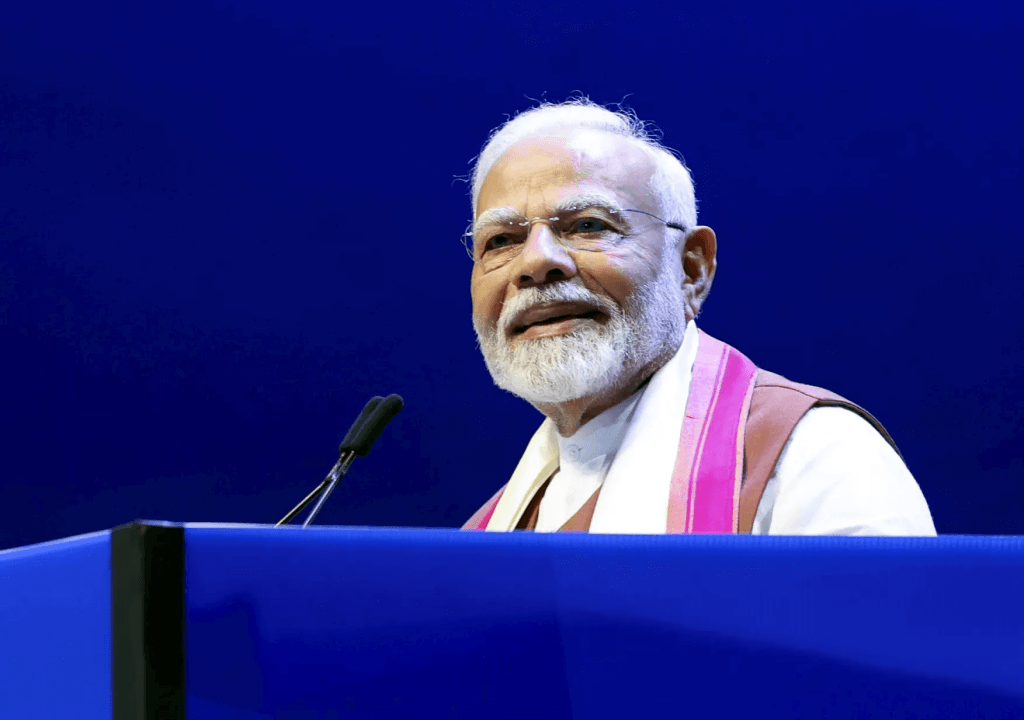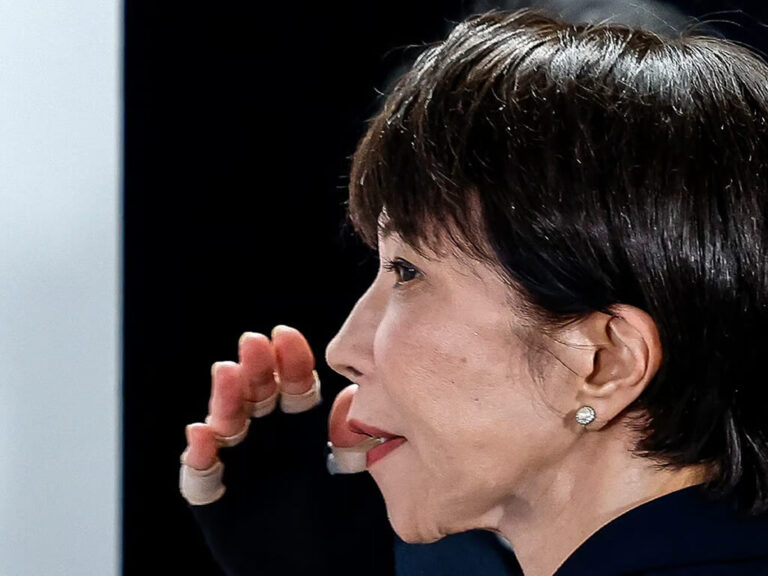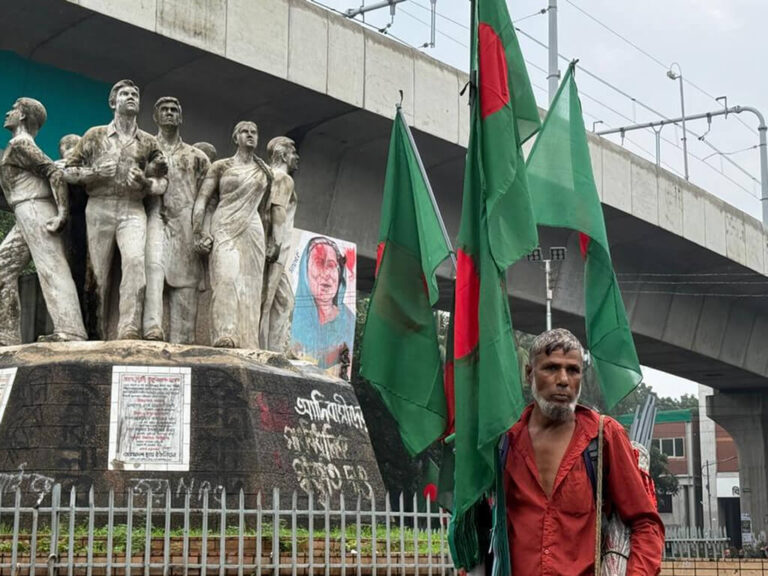Jammu and Kashmir, India’s northernmost and predominantly Muslim territory, has long posed a challenge for the Indian government due to increased terrorist attacks and Islamist extremism. International media, which have consistently supported secession efforts in Kashmir, often celebrate each clash between extremists and the Indian military, thereby garnering overseas backing for these movements. However, for the Indian government and its people, Kashmir is an emotional issue, deeply rooted in history, and they are unwilling to give it up. While previous union governments in New Delhi granted Kashmir certain privileges and special status, partly in response to international pressure, the current Hindu nationalist government under Narendra Modi and the Bharatiya Janata Party (BJP) has taken a different approach. They revoked Kashmir’s special constitutional status and made it a union territory to promote assimilation, sparking significant displeasure at the international level, particularly from Muslim-majority countries.
It has long been the BJP’s goal to form a government single-handedly in the state, though the Muslim majority largely opposes them. Ten years ago, the BJP formed a coalition government with the PDP, a local party, but the alliance quickly collapsed due to internal disunity. The union government subsequently made Jammu and Kashmir a union territory with direct administration. Nevertheless, the BJP understands that securing a majority government in the state is crucial for making key decisions and avoiding court interventions. Having achieved seemingly impossible victories in other Indian states through well-engineered election strategies, the BJP is now fighting hard in the ongoing assembly elections.
The BJP is confident this time, with several positive factors working in its favor, starting with the fact that the party is stronger now. In addition to securing the Hindu vote, it has made inroads among minority groups such as Sikhs, Buddhists, and even some Muslim factions. The party’s electoral performance has also improved significantly. In the last assembly election, the BJP’s best performance saw them winning 25 out of 87 seats. This time, with constituencies redrawn and the total number of seats increased to 90, the party needs 45 seats to secure a majority.
The increase in seat numbers is expected to boost the BJP’s chances, as more seats have been added in the Hindu-majority Jammu region. Six additional seats were allocated to Jammu, while only one was added to the Kashmir region, bringing the total number of seats in Jammu to 37. If the BJP can secure over 30 seats in Jammu, they would only need 15 or fewer from Kashmir. For the BJP, it is relatively easy to garner support from independent candidates and smaller parties, and they also anticipate nominations from the Lieutenant Governor. The BJP has also found an opportunity in the division among the opposition. Although the Indian National Congress (INC) has joined forces with the National Conference (NC), Kashmir’s largest party, they have been unable to bring the influential JKPDP into the alliance, which is expected to split the vote.
Another positive factor is the increasing tendency of people in Kashmir to move away from traditional political parties like the NC, JKPDP, and INC, and support independent candidates, as seen in recent elections. Improved security is also expected to benefit the BJP, as more people in the Kashmir Valley may feel safe enough to vote for the party, which they previously avoided due to fear and threats. Additionally, the BJP is optimistic about the impact of development projects and significant infrastructure investments across various sectors in the state.
The BJP faces considerable challenges as well. First, the Islamist population in Jammu and Kashmir is determined to defeat BJP candidates by supporting any viable alternative. Defeating the BJP is their main objective. As a result, the BJP faces threats even in the Hindu-majority Jammu region. With major national parties, including the Indian National Congress (INC), BSP, and AAP, contesting in Jammu, they could potentially garner Hindu votes in conjunction with support from the Islamist vote, allowing them to win over the BJP. Any losses for the BJP in Jammu region could undermine its dream of securing a majority, especially if the INC attempts to unite all parties except the BJP to form a government.
There are also internal issues. Local protests against candidates chosen by the central BJP leadership could lead to votes shifting toward the opposition. Additionally, the INC-NC alliance poses a significant threat to the BJP in the Kashmir region. If terrorist attacks increase near the polling dates, it could further damage the BJP’s chances.
It’s clear that, without significant support from the Muslim population, the BJP is unlikely to secure a majority in Jammu and Kashmir. While the party has emphasized infrastructure development, security improvements, and welfare programs in the region, the core issue remains religion, as the Kashmir issue is deeply rooted in religious divisions. The BJP is countering this by consolidating non-Muslim votes and attempting to attract liberal and nationalist Muslim voters. If the BJP succeeds with this tactic, it could finally achieve a majority in Jammu and Kashmir. Otherwise, the result will likely follow the usual pattern of favoring coalition governments.








